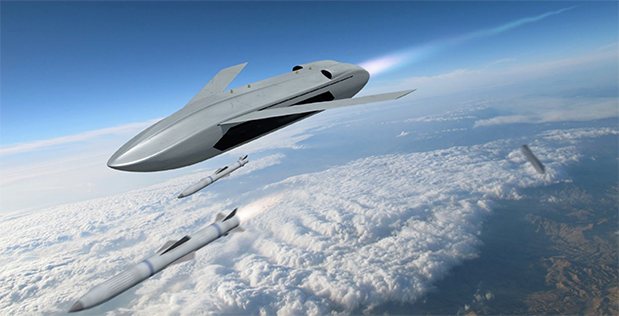What’s the expert view on hypersonic glide vehicles, in light of recent news? To get some answers, we spoke with Jaganath Sankaran, a professor at UT Austin’s LBJ School of Public Affairs. Sankaran’s research spans space weapons, missile defense, and arms control policy.
- NB: HGV = hypersonic glide vehicle; FOBS = fractional orbital bombardment system. Payload questions in bold; Sankaran answers in standard typeface.
If we’re assuming that the Financial Times story holds up, how much of a surprise is this development?
Politically speaking, it’s a significant surprise. There hasn’t been a significant shift in US missile defenses that would justify the Chinese pursuit of a FOBS. Technologically, it isn’t much of a surprise. The Soviets had done it. The Chinese apparently had a test program during the Cold War and later abandoned it.
How could this technology affect global security? Do HGVs change deterrence?
Not much. There are better and cheaper ways to reinforce second-strike capabilities and China’s nuclear deterrent. A FOBS has no effect on American nuclear deterrence. We have always accepted nuclear vulnerability with China. This development does not alter that fact.
The only plausible negative consequences would be if China deploys an extensive system and expands its nuclear arsenal. In that case, it would certainly provoke a debate in the American nuclear enterprise and may require offsetting actions. But we are not there yet.
Are there any adequate ways to track or intercept HGVs?
The consensus seems to be that we need newer tracking capabilities for HGVs. However, some recent research indicates that existing tracking capabilities may have more residual capacity than previously assumed.
Will this development drive calls for increased spending on specific military programs?
There is already a robust effort to fund R&D in hypersonic offense/defense weaponry. This development may be politically used to support some of those existing funding priorities.




